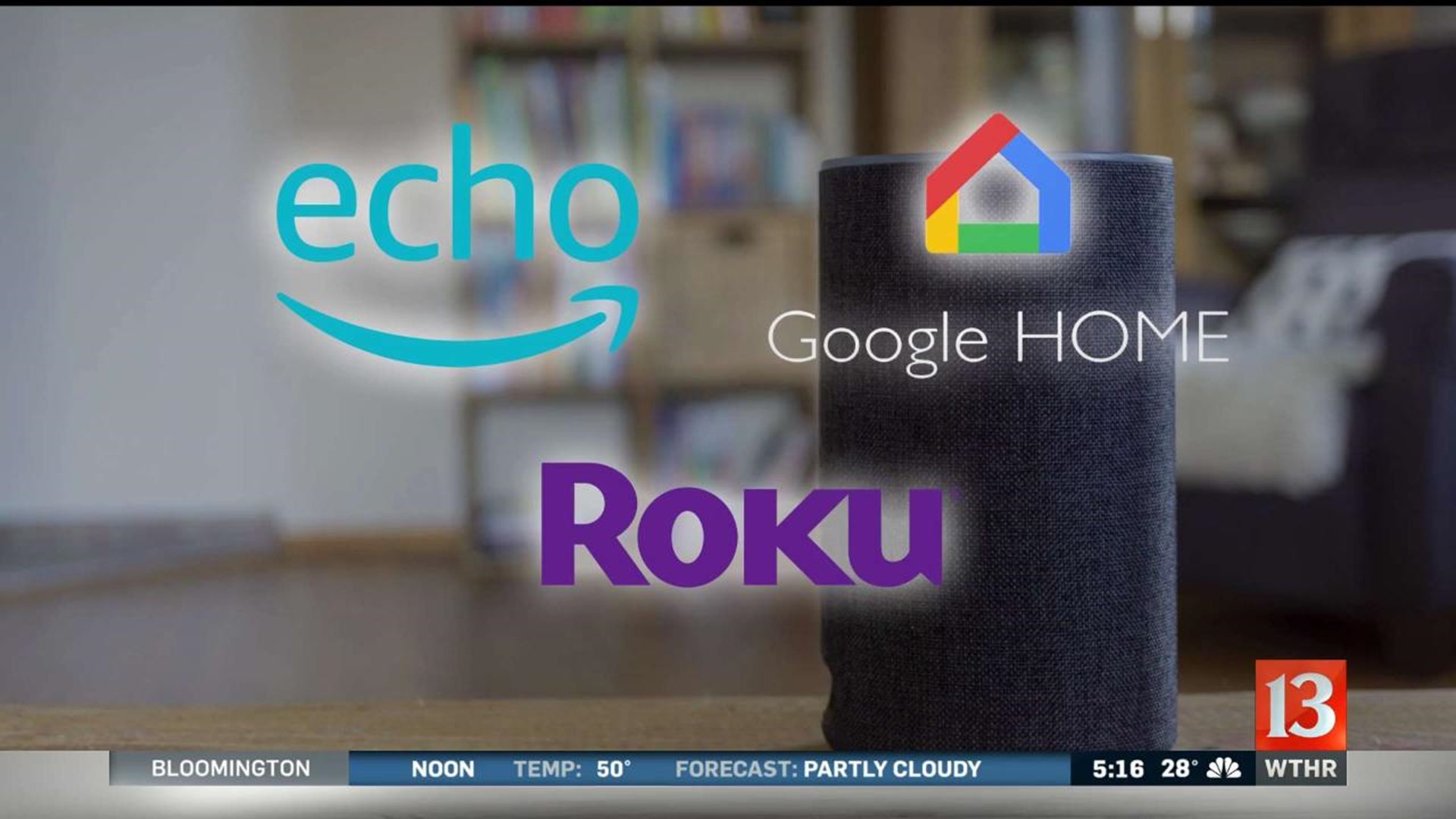INDIANAPOLIS (WTHR) — With holiday bills rolling in, a gift card to a store or receiving lost money can be especially exciting, it turns out — more often than not — they are too good to be true.
The Better Business Bureau reports people are getting scammed with a postcard in the mail, an email or phone call with a promise of a promotional reward card to a store or that you have unclaimed assets.
When you follow up, you learn you just need to pay a small processing fee. If you provide your credit, debit or checking account information, the scammers are then off to the races to make off with your hard-earned money.
Protect yourself. Don’t pay to claim anything. That’s one of the first signs the deal is a scam. Don’t give your checking account number out of the phone; if the offer is legitimate, you’ll receive a paper check.
There is a real unclaimed property operation from the Indiana Attorney General's Office called Indiana Unclaimed. This money comes from the state or accounts where the business couldn't reach you. They returned more than $1 million last year.
To search and see if you have unclaimed property, click here.
Another common scam deals with activation fees. We typically think about cell phones having this charge, but this scam targets a different device, which can have just as much sensitive information.
Virtual assistants and tech devices like Alexa, Google Home, and Roku must be set up before you use them.
The Better Business Bureau reports a sharp rise in the number of people searching for how to activate them, only to end up with information from a fake service on a real-looking website.
That often includes a customer support number to call where a scammer claims a new policy requires a payment — usually from a gift card.
This is completely false: these devices are free to set up. Victims unfortunately have lost anywhere from $80 to $100.
What's worse is that some scammers even "help" set-up a username and password — giving them constant access to personal information.
Protect yourself by setting up the device only by using a phone number or website in the instructions, and be careful about misspelling the web address, which can trigger the fake sites. Also, keep in mind: agents will never ask for a password.
As more people cut the cord, cable companies are looking to keep business, but be careful about one of the “offers” making the rounds.
January is a prime time for this scam for three reasons: with winter settling in and the quietness after the holidays, we tend to watch more TV.
On top of that, you might have gotten a new TV. Couple that with bills coming in from gifts, and you're likely looking to save money anywhere you can.
Scammers are calling people, offering a reduced rate on cable bills. The so called "deal" is to pay for a few months up front to receive the discount.
From there, you could be asked for your credit card information or even to purchase pre-paid debit cards.
The Better Business Bureau says companies you do business with won't need a payment source if they already have it. They also won't pressure you into a deal — especially under the promise of saving you money. If it's from a door-to-door sales person, don't assume it's legit; call the company to verify. Lastly, never buy a gift card to make a purchase.

